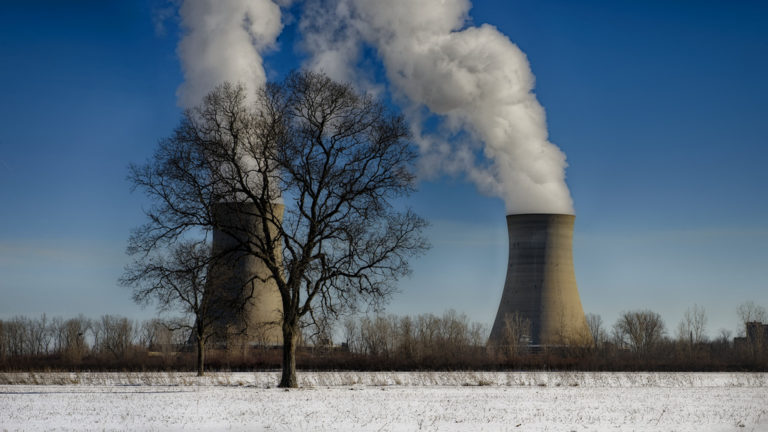Three years on from the Paris Agreement, the 1.5 degrees climate change goal feels uncertain for many people as global temperatures have already risen 1 degree above optimal temperatures. Global temperatures are currently predicted to reach 1.5 degrees between 2030-2052, with worsening conditions. But a recent report by the UN Intergovernmental Panel on Climate Change (IPCC) shows that it is possible to limit warming to 1.5ºC and to reach the goal by 2030.
Last week, the Climate Change Conference that include the 24th session of the Conference of the Parties (COP 24) to the UNFCCC and took place in Katowice, Poland. The chore of COP 24 was to turn the aim of tackling global warming agreed in Paris in 2015 into solid action.
Present at COP 24 was Heeta Lakhani, a young delegate from India, representing The POP Movement (Protect Our Planet). In an interview with FUF, when asked about what she believes is required in order to not exceed the 1.5-degree limit she says that we need to have concrete mitigation actions immediately in order to reduce Greenhouse Gas emissions.
– Mitigation is key to ensuring that we do not exceed the 1.5ºC limit, we need to reduce our dependence on coal, fossil fuels and natural gas as energy sources and increase the use of renewable energy. In collaboration to this would be adaptation strategies, so that countries as well as local communities can adapt to the impact of the changing climate and not suffer tremendous economic and other losses, Lakhani states.
Young people need to be given more space and importance. Heeta is working on educating children and youth in India on climate change and aims to create change makers who will take knowledge-based action in order to combat climate change. The world’s 2.3 billion children are our future, but are not in command of the environment conditions they live in and are affected by climate-related disasters. If children and young people are the future, why are their voices not included in all levels of decision making processes?
Greta Thunberg, 15 year old Swedish climate activist, was not joking when she made her point in front of group of world leaders at COP 24.
– For 25 years, countless people have come to the UN climate conferences begging our world leaders to stop emissions, and clearly that has not worked as emissions are continuing to rise.
So I will not beg the world leaders to care for our future I will instead let them know change is coming whether they like it or not, Thunberg claimed.
It is not only fair that the youth are allowed to raise their voices in climate negotiations, it is also fair to implement their demands. Young and powerful voices are important for the shift towards a sustainable world to happen. It is very important to advocate for climate justice as well as strengthen the knowledge of all people, from national leaders to children and their and capacity to influence and manage climate change for the future and in their daily lives. The global climate clock is ticking and it is about time that we make a positive change, the youth is our future and they must be able to influence where the human story proceed next.

